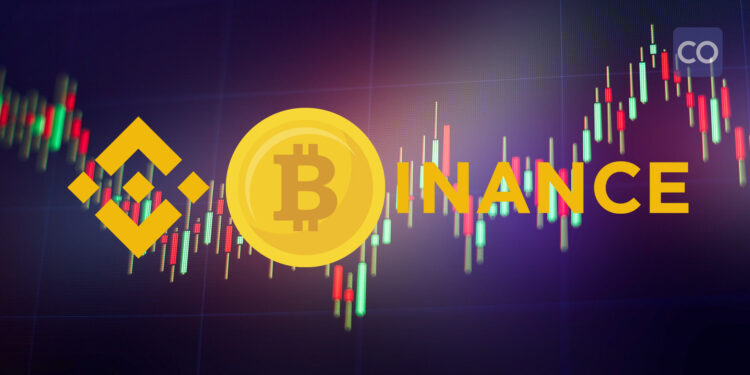- Binance’s Bitcoin market share drops from 81.3% to 55.3%.
- Bybit and OKX gain market share in Asia after Binance’s fee promotion ends.
- Binance faces U.S. legal issues and a class action lawsuit in Ontario.
Binance, the foremost international cryptocurrency exchange, has seen a notable decrease in its dominance of Bitcoin
The reduction in Binance’s market share is linked to the termination of a fee-waiving promotion for trades. Kaiko’s analysts believe that the end of this incentive has provided an opportunity for smaller exchanges to capture more of the market as trading volumes have recovered. In particular, Bybit and OKX have expanded their presence, especially in Asian markets.
Bybit’s market share for Bitcoin trading outside the U.S. has increased to 9.3% from 2%, and OKX’s share has grown to 7.3% from 3%. These advancements occur as Binance contends with legal issues, including Changpeng Zhao’s admission of guilt to charges in the U.S. concerning violations of anti-money laundering and sanctions.
With Richard Teng, an ex-regulator from Singapore, at the helm, Binance has been focusing on improving its compliance protocols. This has involved implementing more rigorous standards for token listings and establishing a new board of directors. These initiatives are part of Binance’s larger strategy to rehabilitate its image and ensure adherence to regulatory standards, especially with U.S. regulatory bodies.
The cryptocurrency industry as a whole has seen a positive impact from a significant rise in Bitcoin prices. Since the start of the previous year, the value of Bitcoin has increased fourfold, hitting an all-time high of US$73,798 in the past month. This surge in price has driven an uptick in trading activities across the sector.
Beyond the regulatory hurdles in the U.S., Binance is also dealing with legal complications in Canada. The exchange is the subject of a class action lawsuit in Ontario, which alleges that it offered crypto derivatives to retail investors without the necessary registration, contravening local securities laws. The lawsuit seeks compensation and reversal of the transactions in question.
The Ontario Superior Court of Justice has recognized these allegations, stating that crypto contracts are treated as securities or derivatives under the current legal framework. Their promotion is considered a distribution activity, which requires appropriate registration and regulatory compliance.
Disclaimer: The insights, perspectives, and data presented in this price analysis are published in good faith. Readers must conduct their own research due diligence. Any decision made by the reader is solely their responsibility, and Crypto Outlooks shall not be held responsible for any consequential or incidental harm or loss.






